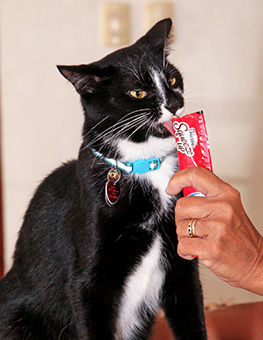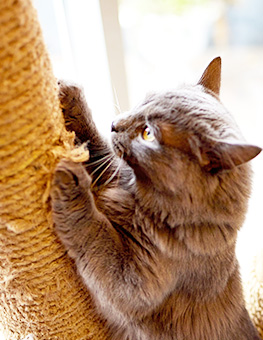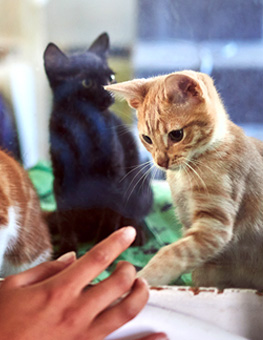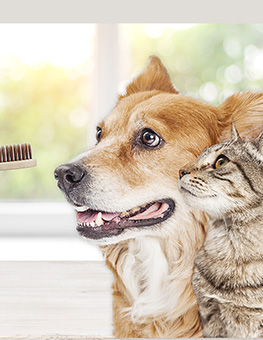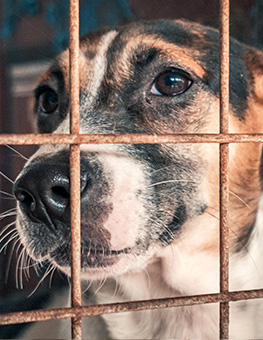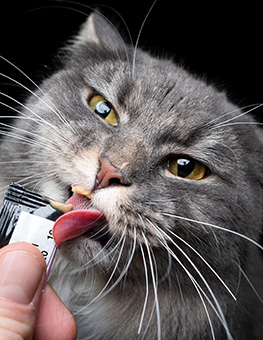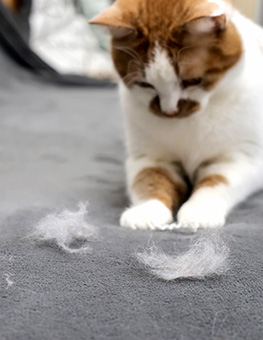Sleeping with Pets
Though dog and cat owners typically spend a lot of their waking hours with their pets and picking up pet toys, that apparently isn't enough, as many Americans say that they share a bed as well, rather than having them use a pet bed.
Approximately three-quarters – 71 percent – of respondents said that they sleep with their pets at night, mattress company Novosbed found. The analysis was performed to help recognize National Sleep Awareness Week, which is observed the first week of March.
"I've got a Greater Swiss Mountain Dog and before this survey, I would never have allowed him to sleep in our bed," said Sam Prochazka, CEO and co-founder of the Canada-based mattress company. "Now that the results are in I'm re-thinking that."
Broken down further, the poll revealed that of the three-quarters who affirmed they slept with their dog or cat, approximately 43 percent of them said that they did so every night, while one-quarter said it occurred only some of the time. Additionally, 5 percent said that it only happened with their spouse or significant other was not at home, perhaps on business for work purposes.
Pets usually prefer a certain spot on the bed. It isn't just anywhere that dogs and cats like to sleep, though. For instance, the Novosbed poll revealed that more than half of pet owners said their dogs or cats preferred sleeping at the foot of the bed and on top of the comforter. Another 23 percent said it was right along side them, and one in 10 said they shared a pillow.
Though this type of bonding may strengthen a relationship with one's pet, the question is whether this is advisable from a standpoint of sleep quality. Not according to most estimates. For example, LiveScience noted that based on a study from California researchers,pet owners can easily get sick if they sleep with their pets.
Additionally, even being excessively affectionate with a pet can lead to health problems. For example, kissing a dog or cat on the mouth can make people sick, as it increases the changes of developing a bacterial infection called Methicillin-Resistant Staphylococcus aureus, or MRSA.
One of the co-authors of the research, Bruno Chomel , DVM, Ph.D, from the University of California, Davis, said that he got the idea for conducting the study when his students told him about some of their interactions.
This post is provided by the pet experts at Hartz.




